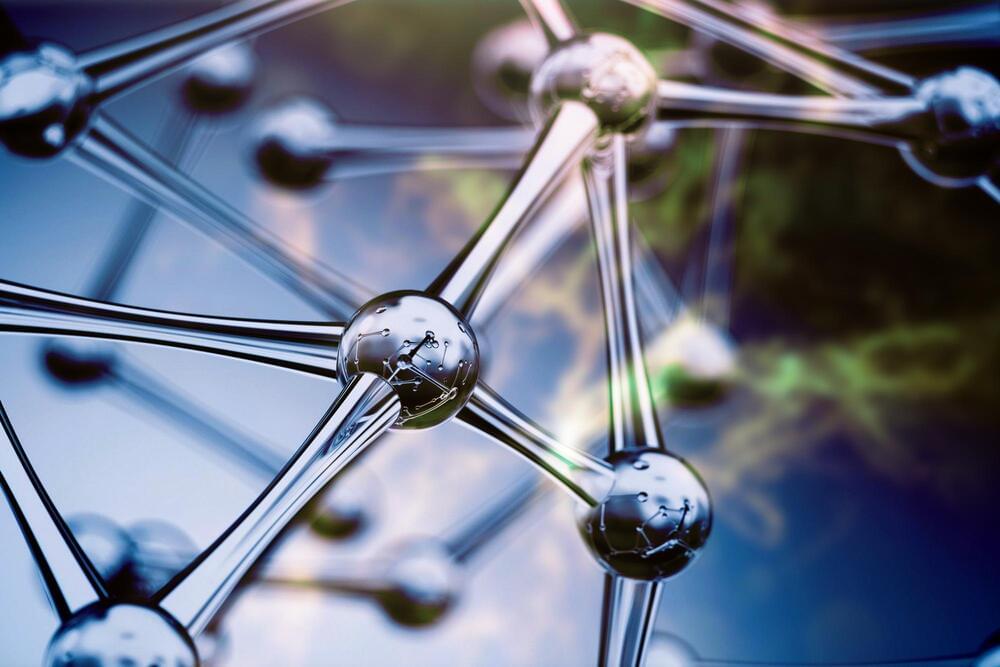O.o!!!
According to recent research, the protein CHIP can control the insulin receptor more effectively while acting alone than when in a paired state. In cellular stress situations, CHIP often appears as a homodimer – an association of two identical proteins – and mainly functions to destroy misfolded and defective proteins. CHIP thus cleanses the cell. In order to do this, CHIP works with helper proteins to bind a chain of the small protein ubiquitin to misfolded proteins.
As a result, the cell detects and gets rid of defective proteins. Furthermore, CHIP controls insulin receptor signal transduction. CHIP binds to the receptor and degrades it, preventing the activation of life-extending gene products.
Researchers from the University of Cologne have now shown via tests using human cells and the nematode Caenorhabditis elegans that CHIP can also label itself with ubiquitin, preventing the formation of its dimer. The CHIP monomer regulates insulin signaling more effectively than the CHIP dimer. The research was conducted by the University of Cologne’s Cluster of Excellence for Cellular Stress Responses in Aging-Associated Diseases (CECAD) and was recently published in the journal Molecular Cell.
